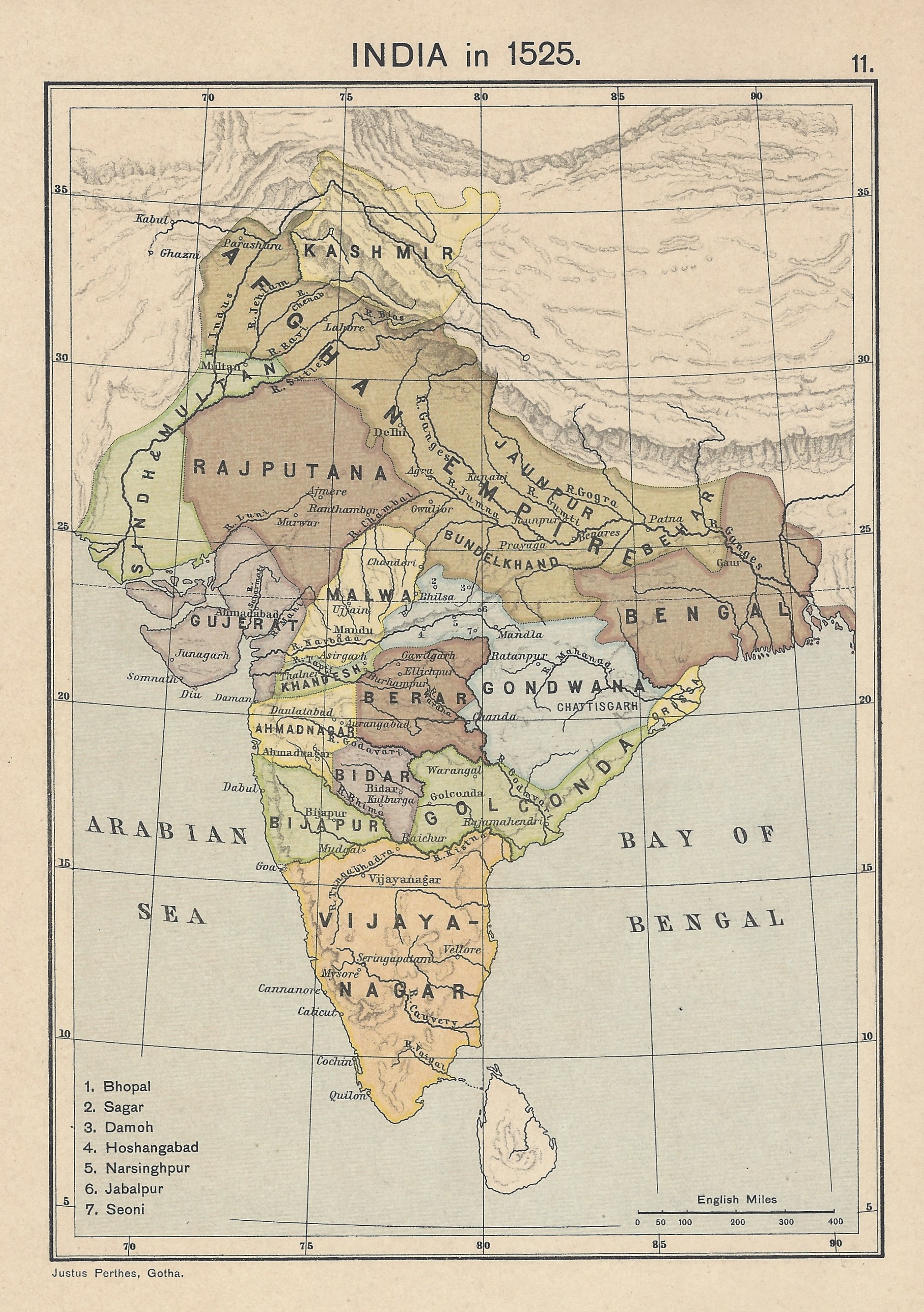|
Sayyid MńęrńĀn HńĀshimńę
Sayyid MńęrńĀn HńĀshimńę (d. 1108 AH/1697 CE) was a South Asian poet, characterised by Munibur Rahman as "the last major poet of the ŅńÄdil SŐ≤hŐ≤ńĀhńę era" (this indicatinv he was from the Sultanate of Bijapur. His works included a ''mathnawńę Mathnawi ( ), also spelled masnavi, mesnevi or masnawi, is a kind of poem written in rhyming couplets, or more specifically "a poem based on independent, internally rhyming lines". Most mathnawi poems follow a meter of eleven, or occasionally ten, ...'' entitled '' YŇęsuf u ZulaykhńĀ'', composed in 1098 AH/1687 CE.J. T. P. de Bruijn, B. Flemming and Munibur Rahman, 'MatŐ≤hŐ≤nawńę', in ''Encyclopaedia of Islam'', ed. by Paul Bearman and others, 2nd edn (Leiden: Brill, 1960-2005), . References 1697 deaths Date of birth missing 17th-century poets People from the Sultanate of Bijapur {{Poet-stub ... [...More Info...] [...Related Items...] OR: [Wikipedia] [Google] [Baidu] |
ŅńÄdil ShńĀhńę
The Sultanate of Bijapur was an early modern kingdom in the western Deccan and South India, ruled by the Muslim Adil Shahi (or Adilshahi) dynasty. Bijapur had been a ''taraf'' (province) of the Bahmani Kingdom prior to its independence in 1490 and before the kingdom's political decline in the last quarter of the 15th century. It was one of the Deccan sultanates, the collective name of the kingdom's five successor states. The Sultanate of Bijapur was one of the most powerful states on the Indian Subcontinent at its peak, second to the Mughal Empire which conquered it in 1686 under Aurangzeb. After emigrating to the Bahmani Sultanate, Yusuf Adil Shah rose through the ranks to be appointed governor of the province of Bijapur. In 1490, he created a ''de facto'' independent Bijapur state which became formally independent with the Bahmani collapse in 1518. The Bijapur Sultanate's borders changed considerably throughout its history. Its northern boundary remained relatively stable, st ... [...More Info...] [...Related Items...] OR: [Wikipedia] [Google] [Baidu] |
